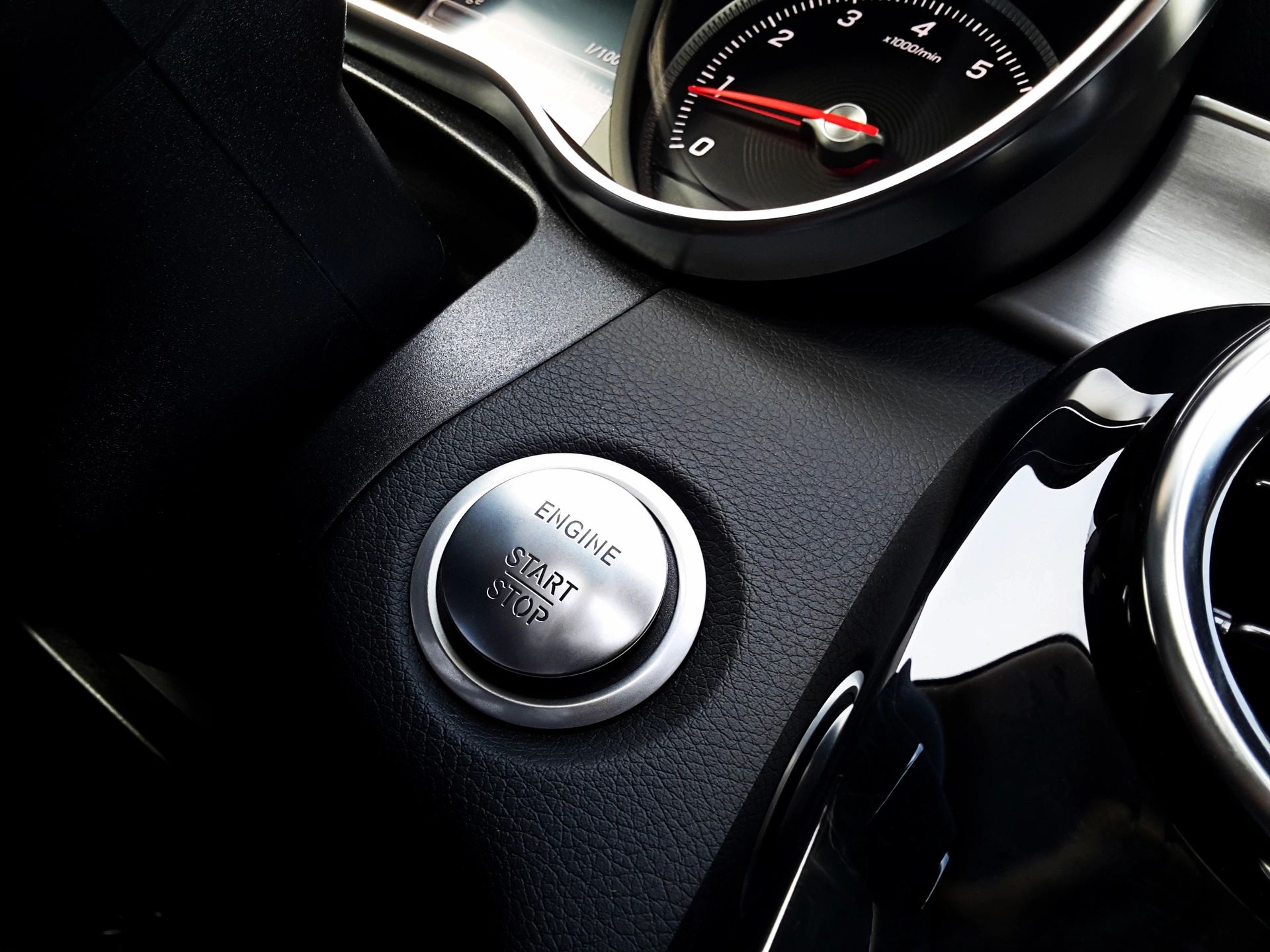BloombergNEF’s annual report titled Southeast Asia Electric Vehicle Outlook (EVO) places Southeast Asia in the lead to become a global EV hub in the near future. The report included data recorded in 2023 from countries such as; Singapore, Malaysia, the Philippines, Vietnam, Indonesia, and Thailand.
According to the report, EV sales in Southeast Asia have nearly tripled in 2023 alone. Bloomberg is optimistic about Southeast Asia’s EV adoption, pitting the region behind Brazil in a measure of projected Global EV sales up to 2040.
SOUTHEAST ASIA’S EV RISE
The recorded sales for all 6 countries amounted in 153,500 units sold. Thailand is Southeast Asia’s frontrunner towards the EV charge, with 86,400 EV units sold in the year 2023. Vietnam and Indonesia are poised to be the region’s leaders in battery manufacturing. This is due in part to the presence of mineral resources (i.e. nickel) and battery plants and factories. Indonesia is home to Korean brands LG’s and Hyundai Motors’ battery production hubs. Vietnam’s own VinFast manufactures its batteries within its country. Southeast Asia is becoming an emerging region for supplying EV parts.
Asia is well on its way to becoming the rising continent for EVs, especially two- and three-wheelers. “Only the three-wheeled vehicle segment is on-track to achieve a zero-emission fleet by 2050 without additional policy intervention,” said the report. Two- and three-wheeled vehicle sales in 2023 were recorded to be at least 40 per cent and 80 per cent electric respectively.
The BloombergNEF report credited the strong presence of Chinese EV manufacturers as one of the main causes of the EV rise in Southeast Asia. Furthermore, China’s EV batteries are inexpensive compared to non-Chinese brands, lending to their strong presence in the SEA EV industry.
SLOW BUT STEADY
Though Southeast Asia has strong potential to become a global EV hub, adoption remains slow but steady. The report projects that by 2040, combustion vehicles will comprise 76 per cent of vehicles sold. BloombergNEF highly recommends automakers to make the EV shift as well: “For the world to achieve a completely zero-emission vehicle fleet by 2050, sales of combustion vehicles need to stop around 2038.”
Globally, BloombergNEF’s “long-term outlook for EVs remains bright.” Government support is available for the shift to EVs, albeit to varying degrees across the region. Thus, BloombergNEF strongly suggested “a stronger regulatory push” by Southeast Asian governments to push the global EV average higher.
Enjoyed this article? Leave us a like!






